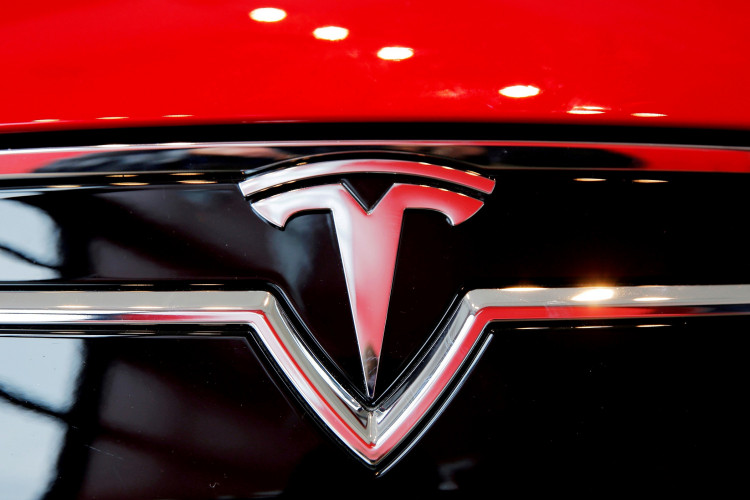Tesla has suddenly stopped including charging equipment with its vehicles, which had been a long-standing practice.
"Usage statistics were incredibly low and seemed wasteful," Tesla CEO Elon Musk responded to remarks on Twitter regarding new updates.
Musk released another update a few hours later, claiming that Tesla will reduce the price of the mobile connector to $200 "depending on customer input." He also stated that Tesla will "make it easy" to order the mobile connector when purchasing a car and that owners should install a wall charger "long before" their car arrives.
Up until 2022, every electric car made contained some form of charging equipment as standard equipment. Most electric vehicles came with a simple 120-volt portable charging connection in the early days.
Many manufacturers, however, are now providing dual-voltage portable charging equipment, which allows the user to switch between 120-volt and 240-volt charging simply by switching an adaptor on the unit.
However, the Kia EV6, which was just launched, does not come with any charging equipment, making it the first EV marketed in North America without any kind of charging equipment.
One of Tesla's electric vehicles may be charged in several ways. Many users have a dedicated Wall Connector installed at home, and the firm also manages tens of thousands of Supercharger stations that may provide up to a 200-mile range in 15 minutes for those who couldn't use either charging solution.
The charging speed offered by this connector isn't great-Tesla claims that the Gen 2 Mobile Connector will charge its vehicles at a rate of about 2-3 miles of range per hour-but it does allow consumers to charge from a conventional wall outlet. The issue, as Tesla CEO Elon Musk noted on Twitter is that the business does not believe packing the connector is cost-effective.
Musk's choice has elicited a mixed response. Although a mobile connector isn't required because Tesla owners can charge their cars from a wall charger at home or a charging station, some drivers say having it with them when driving is comforting. The adapter allows drivers to connect their car to a conventional 120v outlet that is useful at campsites and areas without charging facilities.
Apple famously stopped including chargers with new iPhones in 2020, and Samsung and Google quickly followed suit. Although there are many similarities between this situation and Tesla's, it is far too early to say whether Tesla's move will have a ripple effect on other EV manufacturers.






